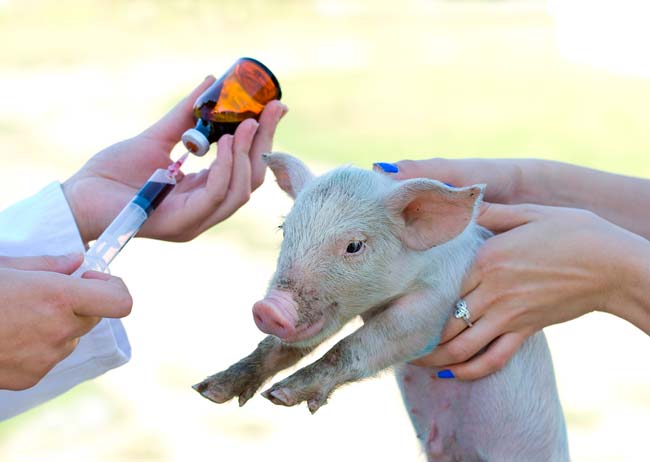- Make It Yourself Lavender Heart-Shaped Bath Bombs!
- 20 Things You Never Knew About “Down There”
- 12 Best Foods For Those Suffering From Arthritis Pain
- 12 Personal Hygiene Mistakes Almost Everyone Makes (Mom Never Told You About #4!)
- 15 Medicinal Plants And Herbs From The Cherokee People
- 12 Mind-Blowing Benefits Of Drinking Coconut Water During Pregnancy
- 12 Outstanding Winter Foods That Won’t Fatten You Up Like A Christmas Turkey
Some Bacteria Completely Immune To All Antibiotics

Photo credit: bigstock
Scientists have known for quite some time, and have been warning the public, that the overuse of antibiotics only stimulates bacteria to do what they have done for the past 3 billion years: Mutate and survive.
The ability of bacteria to change and evolve outpaces our ability to create new antibiotics, says Dr. Amesh Adalja, who is an infectious disease specialist at the University of Pittsburg Medical Center.
When it comes to protecting themselves, bacteria are really good at what they do. Bacteria has been around for billions of years and they have been fine-tuning their defenses against other microbes that could harm or destroy them. Many of the antibiotics we have created began as microorganisms, which means that we are playing in the stadium owned by bacteria.
Although this new strain of bacteria has not yet been found outside of mainland China, there is a very good likelihood that this gene could spread. Scientists are calling for very close surveillance and monitoring of this gene, as well as for the halt of the continued use of colistin and other antibiotics unless necessary.
As of today, preventing bacterial infections through the use of vaccines, rather than administering antibiotics after the infection has set in, such as in the case of pneumonia, are more important than ever before. Antibiotics are only helpful when used against bacterial infections, not against viruses. Taking antibiotics when we don’t need them only gives bacteria a chance to learn and develop new defenses.
While antibiotics can be true lifesavers, doctors and their patients can be better served by diversifying tactics, rather than relying on antibiotics as their first line of defense. Using natural antibiotics, such as olive leaf extract or raw, organic honey, as well as trying more targeted therapies, such as bacteriophages (attack viruses), can help stop bacteria from evolving and finding ways around our current supply of antibiotics.
READ ALSO: 7 Shocking Reasons You Should Ditch Antibiotics
Hopefully, these next generation therapies will move us into the forefront where antibiotics become obsolete.
This study was published in the journal The Lancet Infectious Diseases, online version, November of 2015.
References:
































